Moving towards a future-proof horticultural sector in Chile & Peru
The horticultural sector in Chile and Peru has been showing impressive growth for many years. Both countries have high ambitions in developing the production of fruits and vegetables we all enjoy consuming so much, such as avocados, blueberries, table grapes, citrus, cherries, walnuts and apples. However, these Latin American countries also face similar challenges regarding the increasing pressure of climate change, biodiversity loss, soil degradation and water shortage. How can we decrease the pressure of production of goods that the Netherlands imports and what are the joint ambitions?
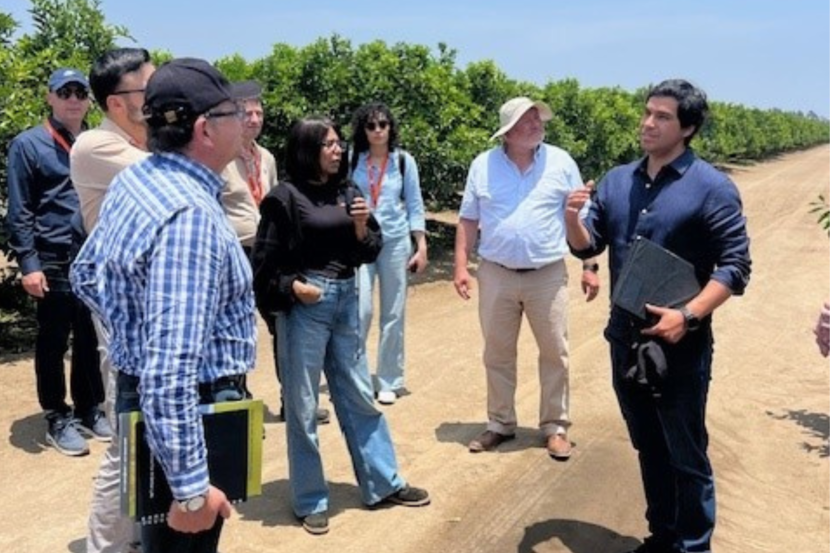
Growing production and growing ambition
Fruit production in Chile is consolidated and stands out internationally for its high-quality fruit exports. Chile is one of the major exporters of fresh fruit worldwide. Situated in the Southern Hemisphere, most of its fruit production is exported to the Northern Hemisphere against the counter seasons. Chile mainly produces cherries, walnuts, table and wine grapes, hazelnuts, avocado, apples, olives and blueberries. The main markets are China, United States and Europe.
Peru is a country where fruit export has grown exponentially in the last decades and this growth is expected to continue. In recent years, Peru has succeeded in developing a leading horticultural industry in a large number of fruits and vegetables. This has largely enabled the growth and development of the private horticulture sector. To maintain its leadership, the agro-export sector is looking for technologies and solutions that aim to provide sustainable solutions in the various production processes in the horticultural sector. Likewise, the government has managed to promote the sector and channel investments in such a way that Peru's agro-export sector can be considered one of the most dynamic in the world. This, combined with exceptional natural conditions, makes Peru the place to be if you are looking for an industry that still has enormous development potential and is eager to grow.
However, both countries are also facing similar challenges in the production of fruits and vegetables, especially related to climate change and working towards a more sustainable value chain, for example working on: water management, less food loss, regenerative agriculture, water desalination, alternative fertilizers, more sustainable and environmentally friendly management practices, among others.
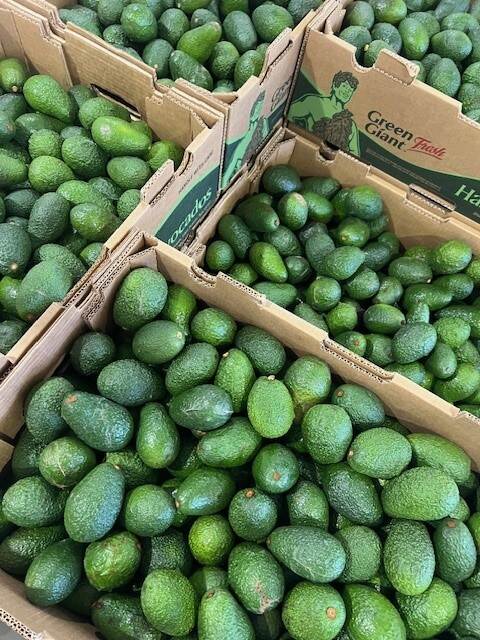
Water management
For many years, the development and focus has been to manage the use of water more efficiently make predictions more accurately with artificial intelligence like: using satellites, calculating the real evapotranspiration of the fruits and knowing the exact timing of the need of water, are all techniques which help to reduce irrigation. The ambition and the focus right now is on more precise techniques that will allow better measurement of indicators that generate a more resilient and efficient agriculture.
Moreover, the incorporation of new management practices and use of more environmentally friendly inputs have positive effects such as: decreasing the water footprint, increasing biodiversity, increasing the soil organic matter and incorporating better practices management into the soil. This has helped make agriculture in Chile and Peru more efficient and sustainable for many years now.
Logistics challenges
Logistics is one of the biggest challenges facing any company that sells fresh products. The conditions of the light, temperature and humidity need to be taken into account, from the moment the products leave the farm up until it reaches the plate of the consumer. All logistics should be perfectly arranged and the collaboration between suppliers, transporters, warehouses and supermarkets is very important.
Fruits and vegetables produced in Chile and Peru have to travel long distances across the sea to reach the destination markets in optimal quality conditions, which represents a logistical challenge for exporting companies. Thus, different technologies that help maintain the quality of fruit during transportation are very important for both countries.
Heat waves and frost days
Peru and Chile are facing multiple challenges related to climate change. During the last seasons in Chile, there has been an increase in maximum temperatures during the summer, which has led farmers to use sunscreens on fruits for example. During springtime, an increase in frost waves has also been a problem. New tools have been developed to overcome these problems such as the use of water sprinklers with low flow rate that effectively mitigate fruit frost damage thereby reducing food loss. However, implementing new technologies in companies are important in order to fight climate change.
Although climate change and the challenges it brings to mitigate and adapt are big, a lot of good things are already happening. A few notable ones include: using solar energy, improving (soil) measurements to know when and how much to irrigate, combining native trees with fruit trees, holding water in the soil, using insects to fight plagues, using cloned trees instead of grown from seeds, and using recycle water to wash the fruits before packing. These are just some examples to reduce water and carbon footprints. Among producers there is a lot of willingness to learn how to further improve, not only because the market requests it, but also because it helps them prepare for the future.
Companies in Chile and Peru focus on production development, but they are also very much interested in working together internationally and sharing knowledge and innovations. Dutch knowledge and technology is limited in Chilean and Peruvian horticulture, but it has certainly a very good reputation and its known for its excellent quality. Dutch knowledge, innovations and technology can make an important contribution to further sustainable growth and development in this sector.
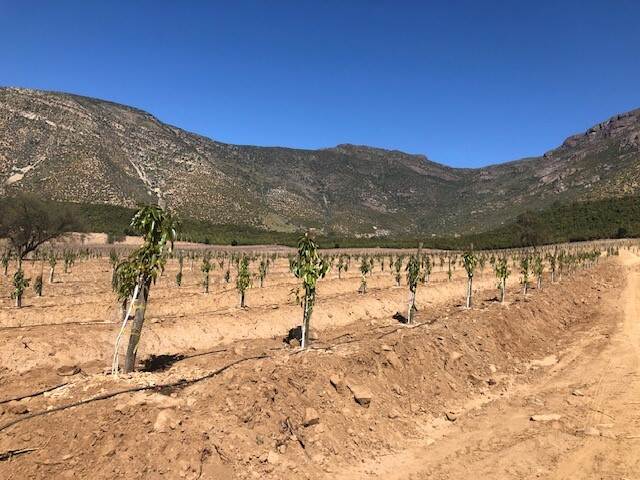
Exchange of expertise
In October 2024, a Dutch trade delegation, accompanied by the Ministry of Agriculture, Fisheries, Food Security & Nature (LVVN), traveled to Chile and Peru with 12 companies for which these markets were new, but very promising due to their growing capacity and ambition to work together internationally.
The expertise of these companies ranged from reducing food loss and the water footprint by improving water and nutrient management, providing organic fertilizers, knowledge regarding systemic food production and using satellite data to create soil maps. During this trade mission, the Dutch Embassies and the Netherlands Agricultural Network (LAN) teams organized network receptions hosted by the Dutch ambassadors, provided matchmaking and arranged multiple presentations regarding the ins and outs of the horticultural ecosystems in Chile and Peru. Moreover, during the trade mission, the companies had conversations with the governments high ranking officials, visited fruit and vegetable producers as well as processing and packaging companies and knowledge institutions. The delegation was also part of the Fruittrade fair 2024 in Santiago, Chile where they could interact and discuss possible collaborations. The Ministry of LVVN supported the companies visibility by accepting a key speaking slot, as well as a TV interview at the fair, to showcase the work being done in The Netherlands on the nexus agriculture, water and biodiversity. The companies indicated that they had made contacts that would not have been made without this trade mission. Some have already been able to sign a contract on the spot. This shows the success of this trade mission, connecting and collaborating together with companies, governments and knowledge institutes all together.
The following companies/organizations were present during this trade mission:
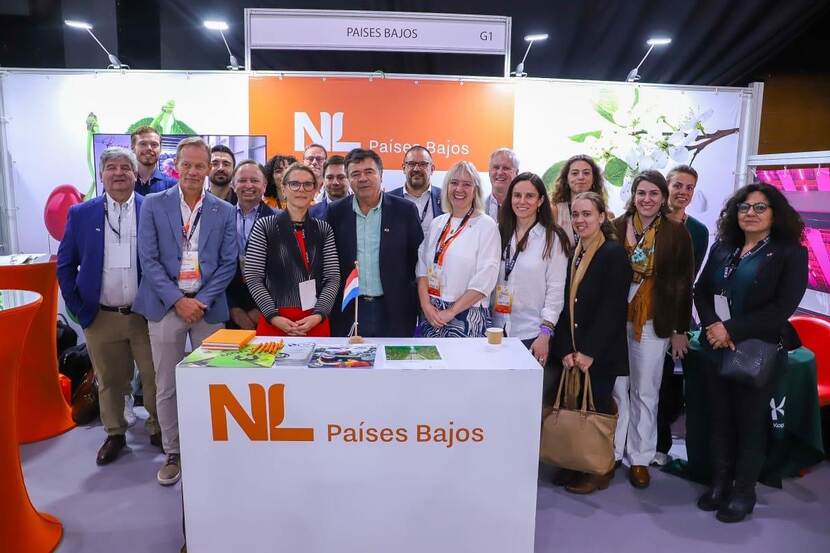
Towards a future-proof horticultural sector
With the objective of providing the world with healthy and sustainable food, Chile and Peru have the ambition to continue growing and developing the production of the fruit and vegetable sector while also preserving biodiversity, water quality and promoting a sustainable industry. With this ambition in mind, they are keen to work together internationally, with the private sector as well as governmental and research institutions.
The Netherlands Enterprise Agency (RVO), the agricultural departments at the Embassies in Chile and Peru, Ministry of Foreign Affairs, together with the Ministry of Agriculture, Fisheries, Food Security and Nature (LVVN) are working together to support Dutch businesses towards a future-proof horticultural sector.
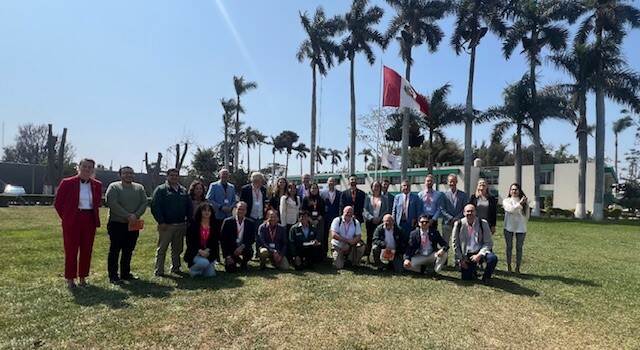
More information and contacts
For more information, you can visit the country pages of Chile and Peru. You can also send an e-mail to the LAN team at the Dutch Embassy in Santiago, Chile: stg-lvvn@minbuza.nl and Lima, Peru: lim.lvvn@minbuza.nl. We hope to be connected with you soon!